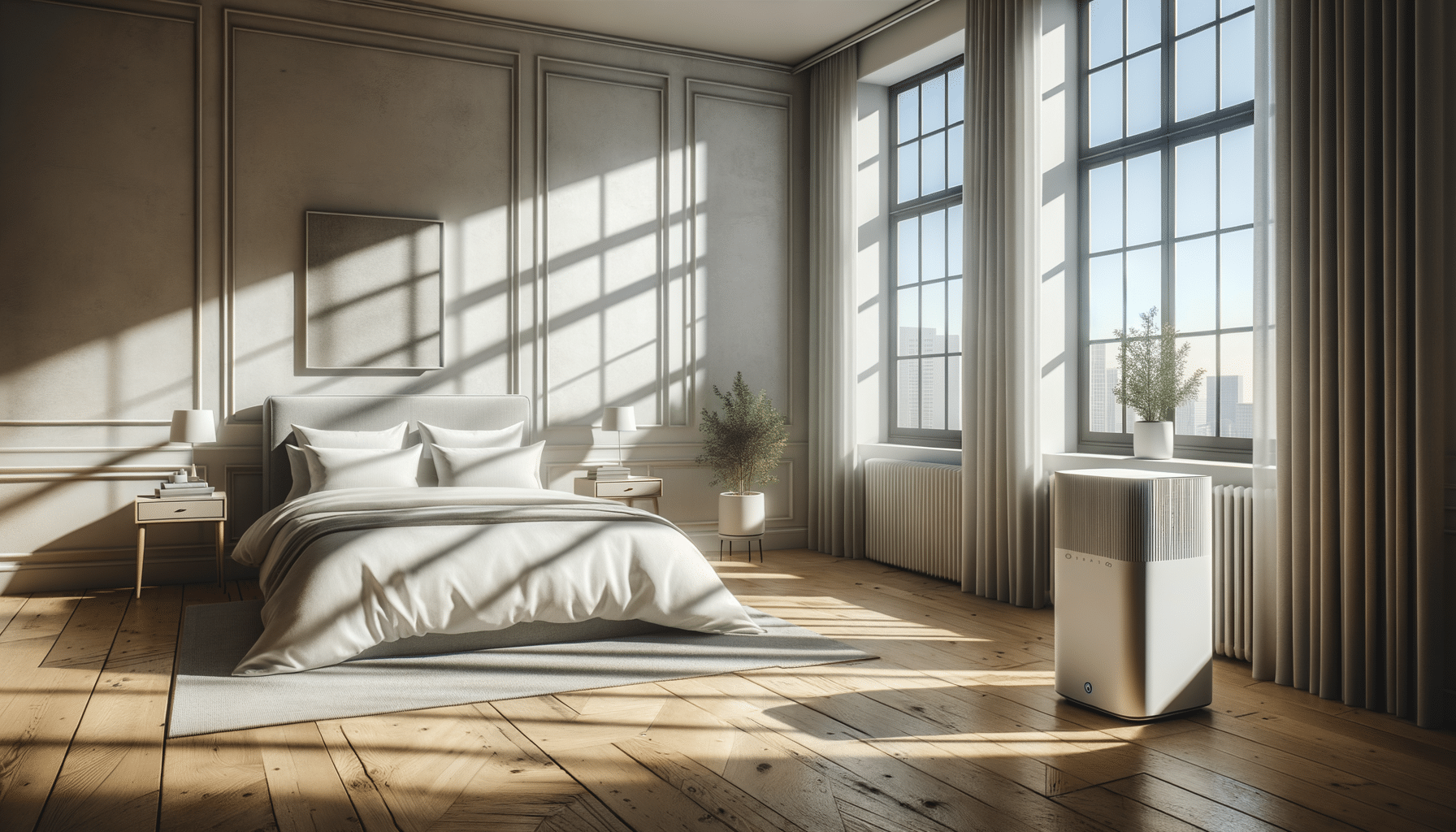
Safe and Comfortable Senior Apartments
Understanding Senior Housing
As the global population ages, the demand for senior housing continues to rise. Senior housing refers to a range of living arrangements designed to cater to the needs of older adults. These facilities provide varying levels of care and support, allowing seniors to live independently or with assistance as needed. The primary goal of senior housing is to create a safe and comfortable environment where seniors can thrive.
Senior housing options vary widely, from independent living communities to assisted living facilities and nursing homes. Independent living communities offer a lifestyle free from the responsibilities of home maintenance, while assisted living facilities provide support with daily activities such as bathing, dressing, and medication management. Nursing homes offer a higher level of medical care for those with significant health needs.
Choosing the right senior housing option depends on several factors, including the senior’s health, mobility, and personal preferences. Family involvement and financial considerations also play crucial roles in this decision-making process. With a focus on enhancing quality of life, senior housing is designed to meet the unique needs of older adults, providing them with a sense of community and belonging.
Benefits of Senior Apartments
Senior apartments are among the popular choices for older adults seeking an active and independent lifestyle within a supportive community. These apartments are specifically designed to accommodate the needs of seniors, offering features such as barrier-free spaces, accessible bathrooms, and emergency response systems.
One of the key benefits of senior apartments is the sense of security they provide. Many senior apartments are located in gated communities or have on-site security, offering peace of mind to residents and their families. Additionally, these apartments often include amenities such as fitness centers, communal dining areas, and social activities, promoting an active and engaged lifestyle.
Living in a senior apartment allows individuals to maintain their independence while also having access to a supportive network of peers and staff. The sense of community within senior apartments can significantly enhance the quality of life for residents, reducing feelings of isolation and promoting mental and emotional well-being.
Cost Considerations for Senior Housing
The cost of senior housing can vary significantly depending on the type of facility, location, and level of care provided. Independent living communities tend to be more affordable than assisted living or nursing homes, as they do not offer medical care. However, they still provide benefits such as maintenance-free living and social activities.
Assisted living facilities typically charge a monthly fee that covers housing, meals, and basic assistance with daily activities. Additional services, such as specialized medical care, may incur extra costs. Nursing homes, which offer 24-hour medical care, are often the most expensive option. It’s essential for families to carefully evaluate their financial situation and explore potential funding sources, such as long-term care insurance, Medicaid, or veterans’ benefits.
When considering senior housing, it’s crucial to compare the costs and services of different facilities. Some communities offer tiered pricing structures based on the level of care required, allowing residents to transition to higher levels of care as needed without relocating. This flexibility can be an important factor in choosing the right senior housing option.
Choosing the Right Senior Housing
Selecting the right senior housing is a critical decision that involves careful consideration of various factors. It’s essential to assess the senior’s current and future needs, including health status, mobility, and personal preferences. Visiting potential communities and speaking with residents and staff can provide valuable insights into the atmosphere and quality of care.
Family involvement is crucial in this decision-making process. Open communication about preferences and concerns can help ensure that the chosen senior housing option aligns with the senior’s needs and expectations. It’s also important to consider the location, as proximity to family, friends, and healthcare providers can impact the senior’s overall well-being.
Additionally, evaluating the amenities and services offered by different facilities can help determine the best fit. Some seniors may prioritize social activities and community engagement, while others may require more extensive medical support. By considering these factors, families can make informed decisions that enhance the quality of life for their loved ones.
Conclusion: Enhancing Quality of Life
Senior housing plays a vital role in enhancing the quality of life for older adults. By providing safe, comfortable, and supportive environments, these communities allow seniors to live with dignity and independence. Whether choosing a senior apartment, assisted living facility, or nursing home, the right choice can lead to a fulfilling and enriched life.
As the demand for senior housing continues to grow, it’s crucial for families to stay informed about the available options and make decisions that align with their loved ones’ needs and preferences. By prioritizing safety, comfort, and community, senior housing can offer a rewarding living experience that promotes well-being and happiness for older adults.


